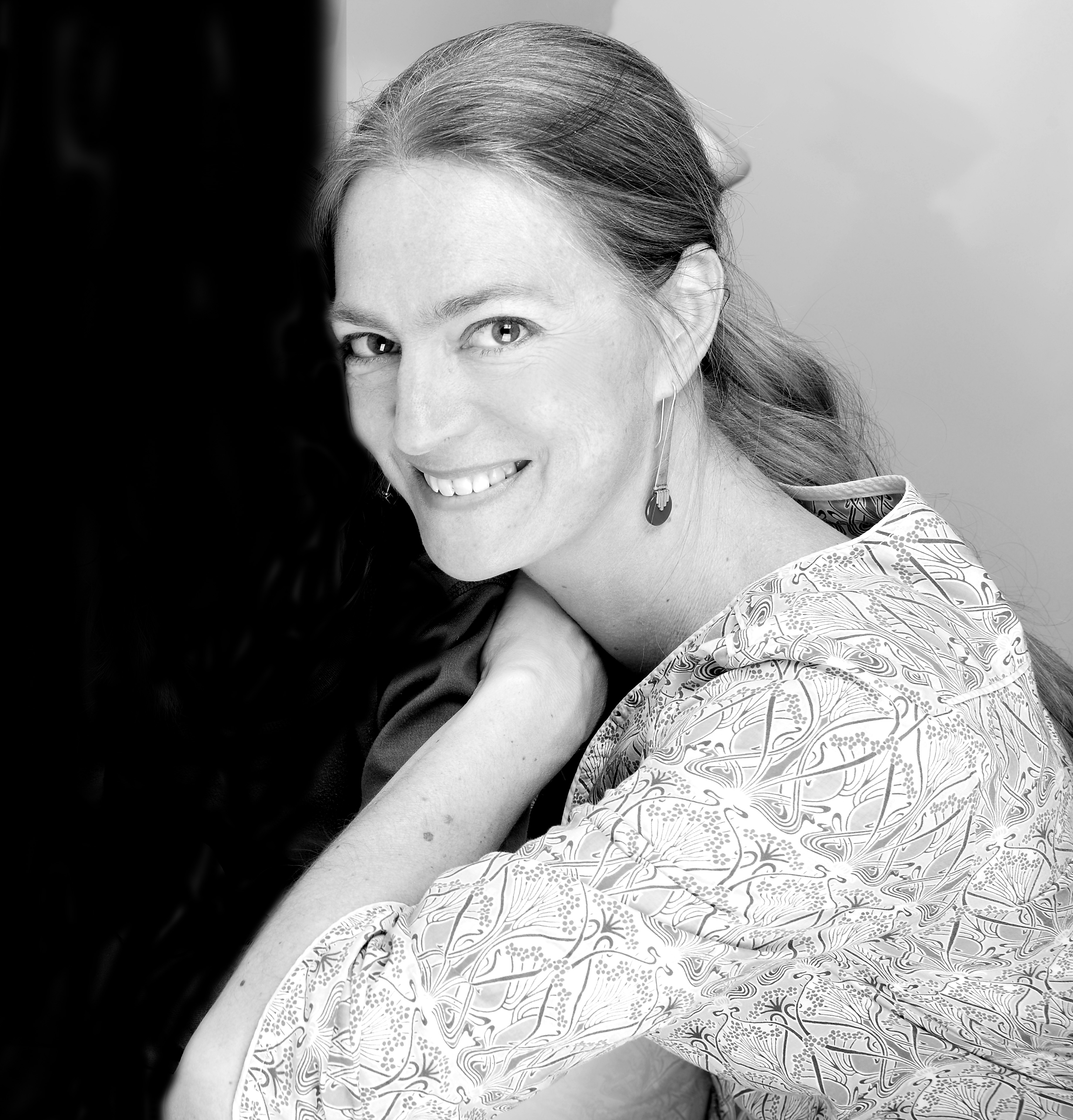For the Komische Oper Berlin, she designed Don Quijote de la Mancha, Hip H’Opera and Das Kind und der Zauberspuk, for L’Opera Theatre Lyon Der Kaiser von Atlantis, for the Konzerthaus Berlin Dunkle Wasser and Lezioni di Tenebra by Lucia Ronchetti, and productions on which she worked were staged in the Parco della Musica in Rome and at the KunstFestSpiele Herrenhausen festival.
For the Tiroler Landestheater Innsbruck, Mirella Weingarten designed Madama Butterfly and Il Re Pastore for the Salzburg Festival. Her designs for 22.13, a piece of music theatre by Marc Andre, represented her first appearance at Radialsystem venue in Berlin.
In 2015 and 2016, productions she designed were presented in Bern (Angelus Novus II, Helmut Oehring), St. Gallen and Bozen (Written on Skin, George Benjamin) and at Theater Basel (Die Zauberflöte, W. A. Mozart). In 2017, Weingarten was responsible for stage direction, set and costumes for the world premiere of David Philip Hefti’s opera Annas Maske at the Theater St. Gallen.
In 2018 she designed the set for Akram Khan’s Xenos in Athens and staged the opera ARGO by José Maria Sánchez Verdu at Schwetzingen Festival. In March 2019 she designed the stage set for a Theater Bozen production of Alfredo Catalani’s opera La Wally. In 2020, Weingarten staged the world premiere of the opera Toteis by Manuela Kerer for Neue Oper Wien, a production that was revived at Bozen in 2022. She did the designs for Hanover State Theatre’s Der Mordfall Halit Yosgat and for Puccini’s Turandot at Regensburg Theatre in May 2022.
ERROR: Content Element with uid "1279" and type "templavoilaplus_pi1" has no rendering definition!
Mirella Weingarten
Mirella Weingarten, artistic director at Werdenberg Castle and founder of the Werdenberg Schlossmediale, felt drawn by the magic of the castle from the very first moment: “For the artists, bringing together the different disciplines in a relatively small space is a great challenge which gives rise to very creative ideas. They react with great sensitivity to the castle – composing, planning, designing purely for the castle. The festival is developing as a result into a platform for creative community activity on the highest level. The artistic language that develops in the process was in actual fact a dream of mine, which has now become reality.”
Mirella Weingarten is internationally active as a stage director and designer. She is an artist and sculptor, who studied in Edinburgh, London and Hamburg, her teachers including Marina Abramović. Since her master’s in stage design (London) she has worked primarily in the field of dance and music theatre. Her kinetic objects, which occupy a central place in her work as an artist, are key elements of her stage designs.
Weingarten staged a production at the Edinburgh Fringe Festival, and appeared with a dance piece of her own at the Theaterdock Berlin and the Theater am Halleschen Ufer. She subsequently staged an opera collage on the Pergamon Altar in Berlin, Maria de Buenos Aires in Switzerland, and L'Histoire du soldat in collaboration with Wolfram by Bodecker at the Konzerthaus, Berlin. At the same venue she staged Paul-Heinz Dittrich’s Die Verwandlung.
For the Bregenz Festival, Hellerau and Radialsystem Berlin, Weingarten mounted a production of the world premiere of Jacob’s Room by Morton Subotnick. She returned to the Bregenz Festival in 2013 as stage designer for the world premiere of The Wasp Factory, a music theatre piece which also travelled to London’s Linbury Theatre and Radialsystem in Berlin.
Her choreographies have been presented at the KKL Luzern, the Tonhalle Zürich and St. Gallen, Leipzig Opera House, the Kunstfest Weimar, the Jona music festival and Davos Festival. She was invited to present the production Séraphin at the Venice Biennale. Among the many awards she has won is Silver Prize for the best world premiere of the year with Gramma.
From 2000 to 2007, Weingarten, herself a Berliner, worked for the company Zeitgenössische Oper Berlin, with designs for Neither by Morton Feldman, Tragödia – der unsichtbare Raum by Adrian Hölszky, Le vin herbé by Frank Martin, Peter Maxwell Davies’s Eight Songs for a Mad King and Miss Donnithorne’s Maggot at Hebbel Theater Berlin, Gramma in Lucerne and Munich; and with the conception and design for Wolfgang Rihm’s Séraphin at the Haus der Berliner Festspiele.



